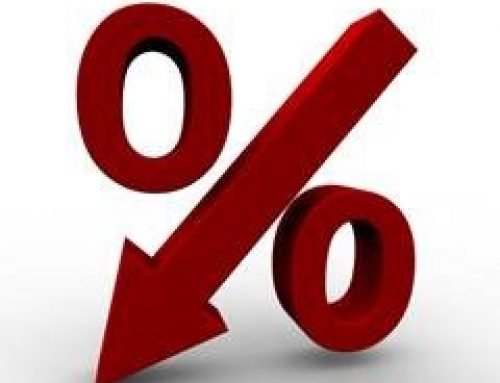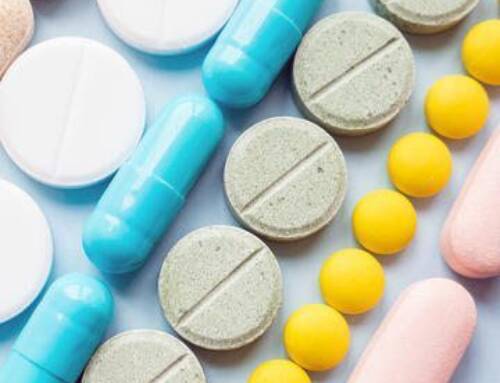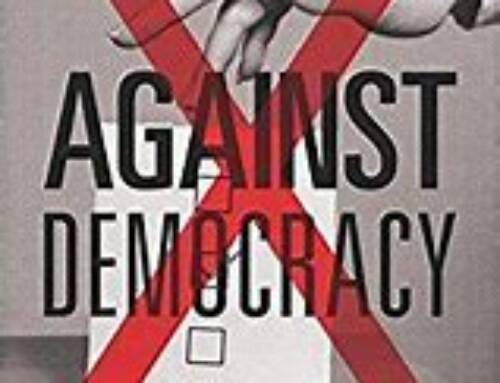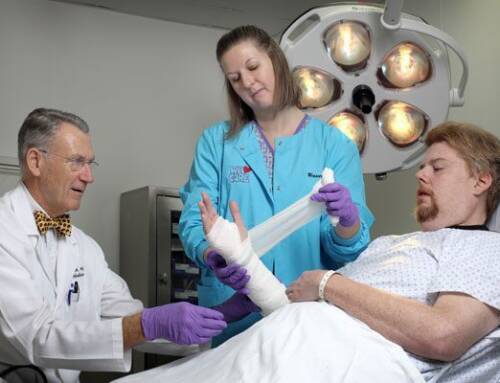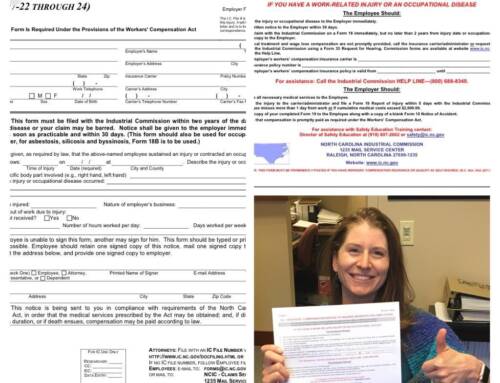Today’s post comes from guest author Rod Rehm, from Rehm, Bennett & Moore.
Memorial Day is another opportunity to reflect and remember. I recently came across a post from Financial Carrier Services Inc. on Google+ that was a nice summary of what Memorial Day really means. Many people spend this holiday with family and friends, and some of these gatherings contemplate the more somber, traditional meaning of the day. Others have to work on Memorial Day and don’t really get a holiday. And other folks are navigating the roadways on one of the few holidays they get from their employer a year. Meanwhile, many truckers are on a schedule with loads and focused on safety with the increased traffic on the weekend that’s the unofficial start of summer. I urge all to be safe on roads, around grills, swimming pools, and in whatever celebration is planned. Please also look into the Memorial Day celebrations that the majority of communities have planned with veterans’ organizations for the day. Regardless of what you end up doing, please take some time today to remember fallen soldiers, explain to your children, and remind your friends and family the true meaning of the holiday.
We would like to take time this Memorial Day to remember the men and women who died while serving in the United States Armed Forces, and to thank all of our men and women in uniform for their service.
We also know that today is a national holiday and the symbolic beginning of summer, so we hope that everyone is enjoying their time off and being safe. For your information, below is a list of grilling safety tips adopted from a guidepublished by the U.S. Consumer Product Safety Commission:
Gas Grill Safety Tips
- Check the tubes that lead into the burner for any blockage from insects, spiders, or food grease. Use a pipe cleaner or wire to clear blockage and push it through to the main part of the burner.
- Check grill hoses for cracking, brittleness, holes, and leaks. Make sure there are no sharp bends in the hose or tubing.
- Move gas hoses as far away as possible from hot surfaces and dripping hot grease. If you can’t move the hoses, install a heat shield to protect them.
- Replace scratched or nicked connectors, which can eventually leak gas.
- Check for gas leaks, following the manufacturer’s instructions, if you smell gas or when you reconnect the grill to the liquid petroleum (LP) gas container. If you detect a leak, immediately turn off the gas and don’t attempt to light the grill until the leak is fixed.
- Keep lighted cigarettes, matches, or open flames away from a leaking grill.
- Never use a grill indoors. Use the grill at least 10 feet away from your house or any building. Do not use the grill in a garage, breezeway, carport, porch, or under a surface that can catch fire.
- Do not attempt to repair the tank valve or the appliance yourself. See an LP gas dealer or a qualified appliance repair person.
- Always follow the manufacturer’s instructions that accompany the grill.
- Store LP containers upright, and never near a grill or indoors or in a hot car or car trunk.
- Do not store or use gasoline or other flammable liquids near the grill.
Charcoal Grill Safety Tips
Charcoal produces carbon monoxide (CO) when it is burned. CO is a colorless, odorless gas that can accumulate to toxic levels in closed environments. Each year about 30 people die and 100 are injured as a result of CO fumes from charcoal grills and hibachis used inside.
To reduce these CO poisonings:
- Never burn charcoal inside of homes, vehicles, tents, or campers. Charcoal should never be used indoors, even if ventilation is provided.
- Since charcoal produces CO fumes until the charcoal is completely extinguished, do not store the grill indoors with freshly used coals.



